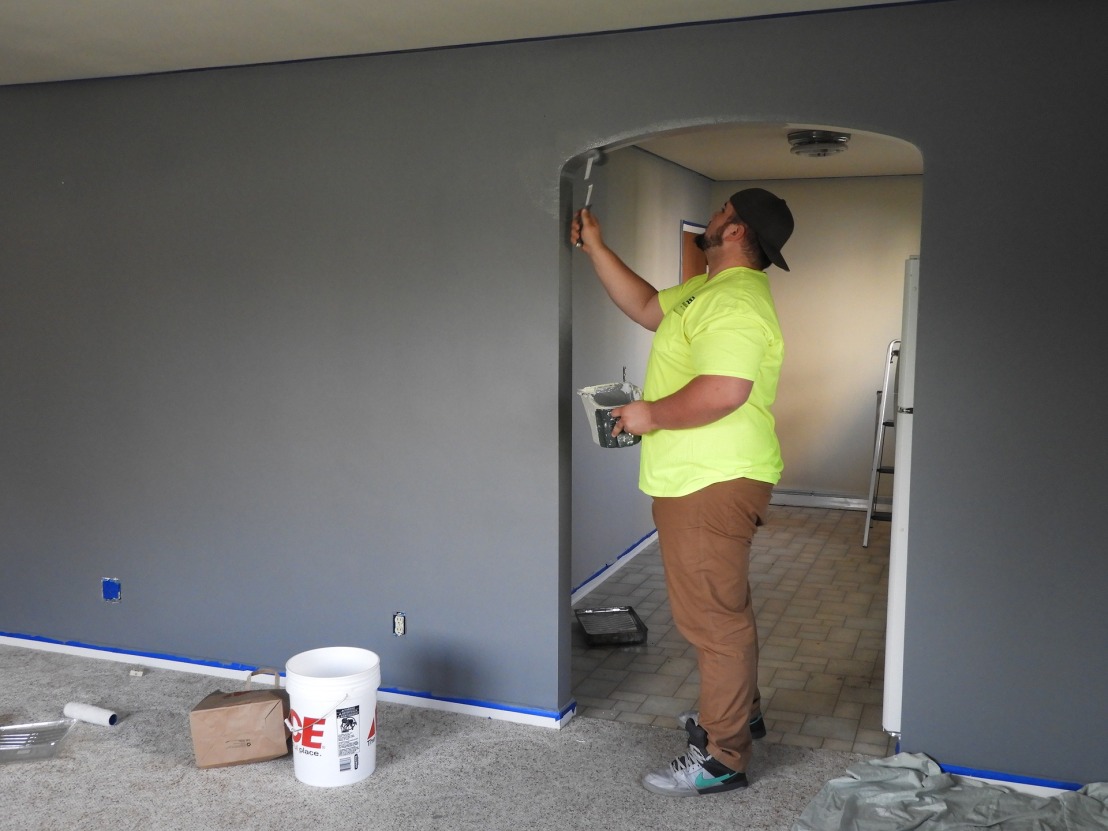Do you want to put in all the work required to totally renovate a house to resell or would you like to repair only the essentials and make a few cosmetic changes? Whether you choose to rehab or prehab, there’s money to be made when you market your property right.

Several factors must be considered when marketing a rehab or prehab, fixing only critical problems inside and making the property attractive on the outside.
- Identify your target market.
- Create your marketing strategy for resale, including positioning the property correctly.
- Show your distinguishing style on the inside.
- Make the outside attractive.
- Double check the details.
IDENTIFY YOUR TARGET MARKET
If you are rehabbing, you are probably targeting the traditional home buyer or investor who wants to buy and rent. Depending on the price, you might specifically target deal hunters.
For a prehab, you could have three markets – deal hunters, flippers, and remodelers.
CREATE YOUR MARKETING STRATEGY FOR RESALE
Price is king and positioning is queen!
Obviously you need to check comps in the area so you can buy and sell at a competitive price. Comps also may provide insight into whether rehabbing or prehabbing makes more sense.
If you are rehabbing, you’ll need to position the house as the best move-in ready option available. Prehabs must be positioned as the best deal on the market for someone who doesn’t mind doing a little remodeling to make the house their own at the best price. This strategy opens the market to real estate investors.
Position with professional pictures! Cell phone cameras simply won’t do your masterpiece justice.
Mention renovation loans in your advertising if you are prehabbing. The projected renovation costs can be factored into the overall loan amount if the prospect qualifies. This can help prospective buyers understand their options more clearly.
Create a resale marketing strategy that fits your style. A Realtor® likely will encourage you to advertise or show the property only after it is 100% complete. Waiting can cut into your profits, however. Every investor wants real estate to sell fast, so some begin the marketing process on the first day the property is acquired – especially when the target buyers want to complete some of the renovation themselves.
Should you incorporate a few upscale popular features? It depends on the neighborhood and what the buyers expect. Rather than focusing 100% on sticking to a budget when making these kinds of decisions, always consider buyer’s preferences. House renovations that are based solely on a budget can become costly if the house doesn’t sell at the right time! It may take a granite counter top, for example, to catch the eye of the right buyer in your geographic market.
If you’re selling to an investor, verify their funding source before you sign a contract.
SHOW YOUR DISTINGUISHING STYLE ON THE INSIDE
First, have it cleaned by a professional. Clean sells. Clean both inside and outside the windows as well as the window sills so prospects will get a great view rather than being distracted by bugs and dust! Clean out the closets and other storage spaces. Most people want storage space, so make yours look as spacious as possible. Be sure all pet hair and pet odors are gone. (Prospects can smell someone else’s pet when they walk in the door.)
Feature the uniqueness of your house. What makes it stand out from the rest? You may want to add your personal style to distinguish it from all the neutral houses they have seen. (Don’t go crazy! Beware of flashy paint color, for example. I tried to sell a house that featured burgundy walls several years ago and had no takers until I painted the walls a more popular color. Lesson learned.)
A little staging in the living space, kitchen/dining, and master bedroom can go a long way toward helping your potential buyers visualize what it could be like to live in the house. A simple, affordable example is to use attractive bedding. It doesn’t have to be expensive; you may want to purchase a used bedspread, for example. Be sure everything looks tidy. No clutter!
MAKE THE OUTSIDE ATTRACTIVE
Make a good first impression with curb appeal. Follow a landscape plan even if it is a simple one. For example, incorporate a flower bed or a few well-designed flower pots, remove all the weeds, and maintain the lawn. Trim trees if they are obviously overgrown. Place trash and recycle bins out of site. The bottom line is that you want the property to look attractive and clean.
DOUBLE CHECK THE DETAILS
Be very choosy about your contractors and pay them well if you wish to build relationships for future real estate projects. Only accept quality work, regardless of whether you are doing a rehab or prehab.
Double-check ALL the work. It’s not about trust; it’s about your investment. You have the final responsibility for Quality Control.
SUMMARY
There’s more than one way to fix and flip a home. You can choose to completely rehab the house or prehab by repairing only the most essential areas and sprucing it up. Either way you must carefully choose your target market and use strategies to attract them to your property so everyone wins!
Gaylene Rogers Lonergan, Board Certified Commercial and Residential Real Estate Attorney | 214-503-7509 | lonerganlaw.com | Escrow2@lonerganlaw.com
© Gaylene Rogers Lonergan and Lonergan Law Firm, PLLC, 2017-19. All rights reserved. This article is provided for educational reasons exclusively and is not meant to be construed as legal advice. The Lonergan Law Firm, PLLC, will represent you only after being retained and that agreement is made in writing.

